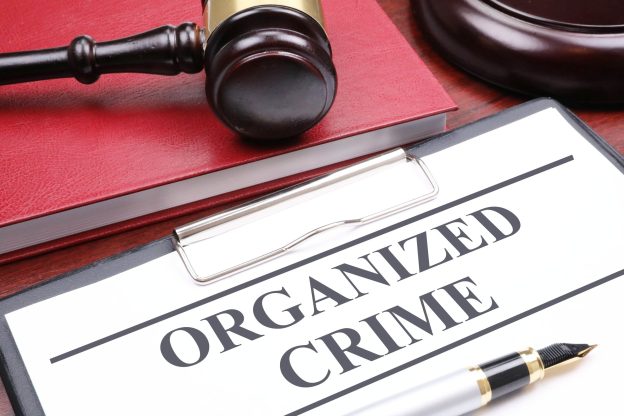Dante Groppo – On Monday, September 25th, 2023, Matteo Messina Denaro, a convicted killer and former head of the infamous Sicilian Cosa Nostra Mafia, passed away due to colon cancer while serving life imprisonment in a maximum-security facility in L’Aquila, Italy. Denaro had eluded authorities for three decades, until he was finally captured while seeking medical treatment in January of this year. He had been convicted in absentia (without presence of the accused) for numerous terrorist attacks and murders in 1992 and 1993, including the killings of two anti-Mafia prosecutors. In 2012, Denaro received another life sentence for his involvement in the torture and murder of a 12-year-old boy, the son of a former Mafia informant.
Despite Denaro’s capture and recent passing, and the persistent opposition from the Italian state since its inception, the Mafia remains a significant threat. It continues to operate in Sicily and has expanded its influence into businesses and industries globally. It is estimated that the Cosa Nostra has 5,000 affiliates and 20,000 collaborators across Europe and North America. In 2021, law enforcement authorities “sequestered property worth €165m (£145m) from mafia [organizations] across Italy, issued 373 anti-mafia seizure warrants and [signaled] 69,000 potential crimes,” according to the latest report from the Anti-Mafia Investigation Directorate’s (DIA).
The Mafia’s infiltration of businesses places legitimate enterprises at a significant disadvantage making it challenging to compete fairly. It employs a range of tactics, including bribery, intimidation, violence and money laundering, to foster collaboration among business owners, further consolidating their influence. To protect their operations, many businesses offer their products and services at greatly reduced prices in exchange for Mafia “protection.”
The organization is drawn to a wide range of sectors including construction and waste management projects, narcotics, extortion and smuggling. Criminal coercion often stifles the growth of businesses, as major decisions depend on Mafia approval. The climate of fear, coupled with the potential for retaliation from organized crime groups, forces businesses to discriminate against and exclude certain individuals, ultimately resulting in a decline in workforce quality and increased costs.
The Mafia’s involvement in the international drug trade, extortion money, and other illicit businesses have created a complex money laundering network deeply embedded in Italy’s economy. The organization is present in various industries including tourism, gaming, and betting throughout Italy, and it employs tactics such as inflated invoices, falsified balance sheets, and suspicious transactions disguised as production costs.
Notably, the emergence of cyberspace has provided organized crime groups a fresh platform to extort global audiences with greater anonymity. The digital landscape allows these criminal syndicates to market and sell illicit goods and services, including drugs, weapons, and counterfeit goods. A recent report from Italy’s Anti-Mafia Investigative Directorate (DIA) highlighted how cryptocurrencies like Bitcoin and Monero can be used to evade bank scrutiny, and how non-fungible tokens (NFTs) provide a means for Mafia groups to conceal the illicit origin of their gains.
Local communities have organized to combat the Mafia’s corrupt practices. Addiopizzo, an organization in Palermo, has made progress in its mission to empower the community and reduce the Mafia’s influence. Local law enforcement recognizes and collaborates with Addiopizzo to protect local businesses. Linda Vetrano, a group member, works to unite different interests and raise awareness about Mafia-related issues. For instance, she highlights the Mafia’s adverse influence on local waste management to motivate younger individuals who are passionate about broader issues like climate change to engage with Addiopizzo’s objectives. Similarly, law enforcement has attempted to combat the prominence of criminal organizations as well through stricter legal regimes. Nicola Gratteri, a leading prosecutor, has been at the forefront of the fight against organized crime, particularly the ‘Ndrangheta. This criminal organization is considered the most powerful globally, controlling as much as 80% of Europe’s cocaine trade funneled through Gioia Tauro, a major container port in southern Calabria.
The passing of Matteo Denaro represents a significant event in the ongoing battle against organized crime in Italy. The Mafia’s hierarchical structure and infiltration of businesses impede legitimate competition and growth. Gratteri’s relentless fight against the ‘’Ndrangheta’s highlight law enforcement dedication—yet the influence of criminal organizations persists. Efforts to combat organized crime must remain vigilant, adapting to evolving methods and technologies. Cooperation between international law enforcement agencies, strengthened legal frameworks, and public awareness are vital in the fight against organized crime and its damaging impact on society and businesses.


